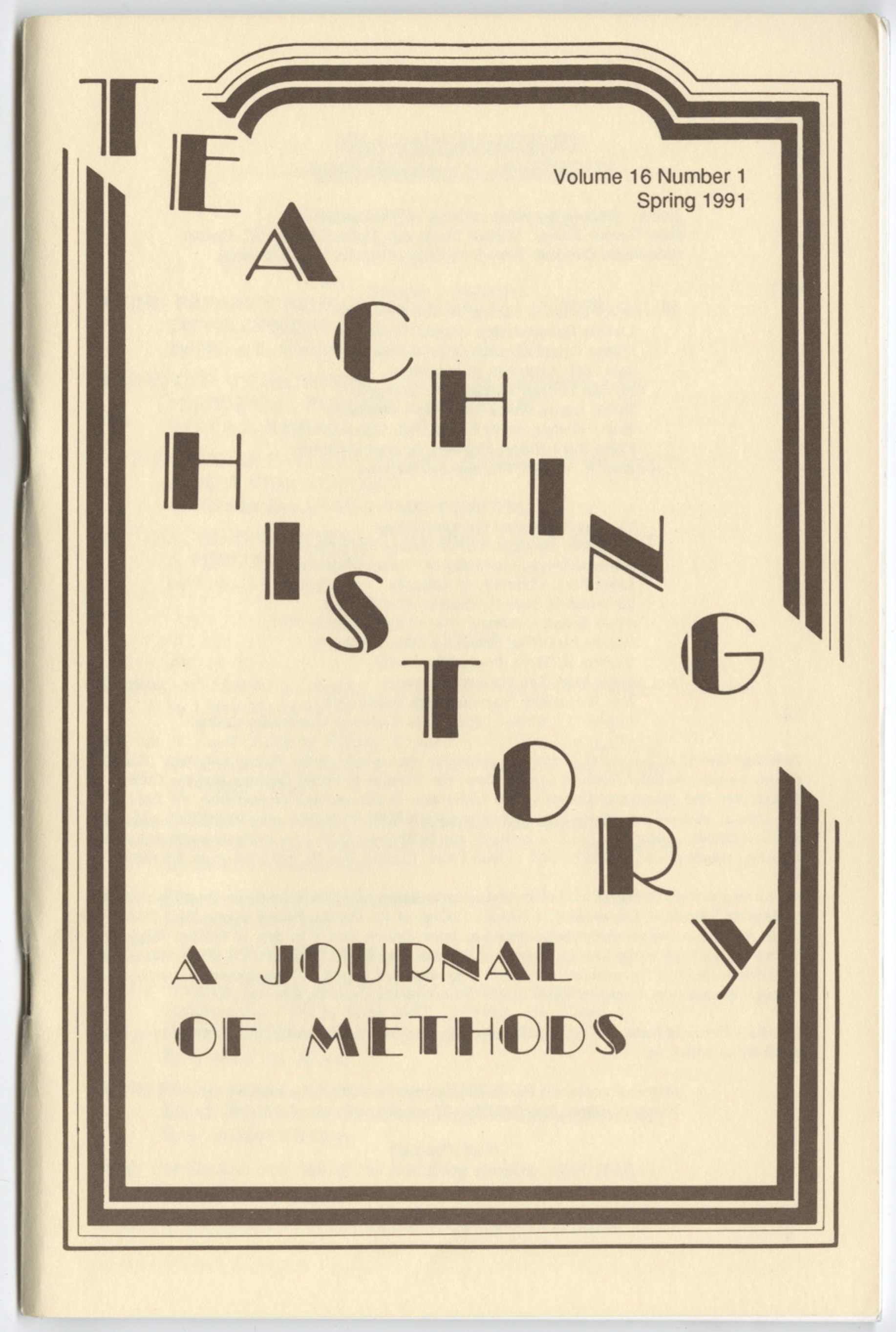Cust & Hughes, Conflict in Early Stuart England - Studies in Religion And Politics 1600-1642. Lockyer, The Early Stuarts - A Political History of England 1603-1642
DOI:
https://doi.org/10.33043/TH.16.1.44-46Abstract
On January 30, 1649, the diminutive Charles I of England became a head shorter than all his contemporaries. Historians agree on that fact, but they disagree on nearly all others, especially on the causes of that decollation. "Whit," historians on the English Civil War proved that the early Stuart kings illegally resisted the natural development of liberty in England. Marxists on the English Revolution proved that it was a matter of class warfare during the transition from feudalism to capitalism. Both "schools" found conflict to be the axis on which the drama of the 1640s turned. Both perspectives were then criticized by "revisionists” who discovered the theme of consensus. Now those revisionists are themselves being revised, in the eternal game of historians staking their territory with the “correct” interpretation over the bodies ( many of which are still alive) of the previous regime. Their new game is an old one: conflict.
Let me begin with the book that I know I cannot use, the one that revises the revisionists. Conflict in Early Stuart England is a collection of essays that grew out of Conrad Russell's Early Modem England Seminar at the Institute of Historical Research at London University. Richard Cust (Birmingham) and Ann Hughes (Manchester) provide a forty-page introduction that justifies and links the various articles. They thank the revisionists for their invaluable contributions to the debate, particularly Russell's Parliaments and English Politics 1621-1629 (1979), but argue that the proper approach is to look for disharmony rather than harmony. Cust and Hughes's pre-war England is a country on the edge, with two diametrically opposed spheres playing out their differences at all levels, local, national, and international. The Whigs were closer to the truth than the revisionists in seeing a series of fundamental conflicts: Court vs. Country, Arminians vs. Puritans, Monarchists vs. Parliamentarians. Though opposed, the spheres are not unconnected. Rather, they overlap at crucial points.
Downloads
Downloads
Published
How to Cite
Issue
Section
License
Copyright (c) 1991 Charlie McAllisterBy submitting to Teaching History, the author(s) agree to the terms of the Author Agreement. All authors retain copyrights associated with their article or review contributions. Beginning in 2019, all authors agree to make such contributions available under a Creative Commons Attribution-NonCommercial-NoDerivatives 4.0 International license upon publication.



